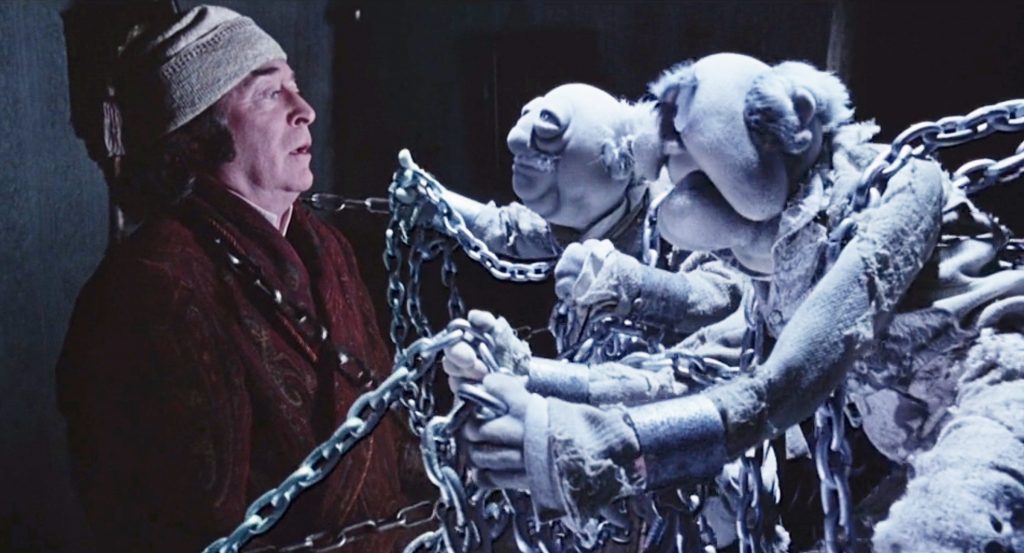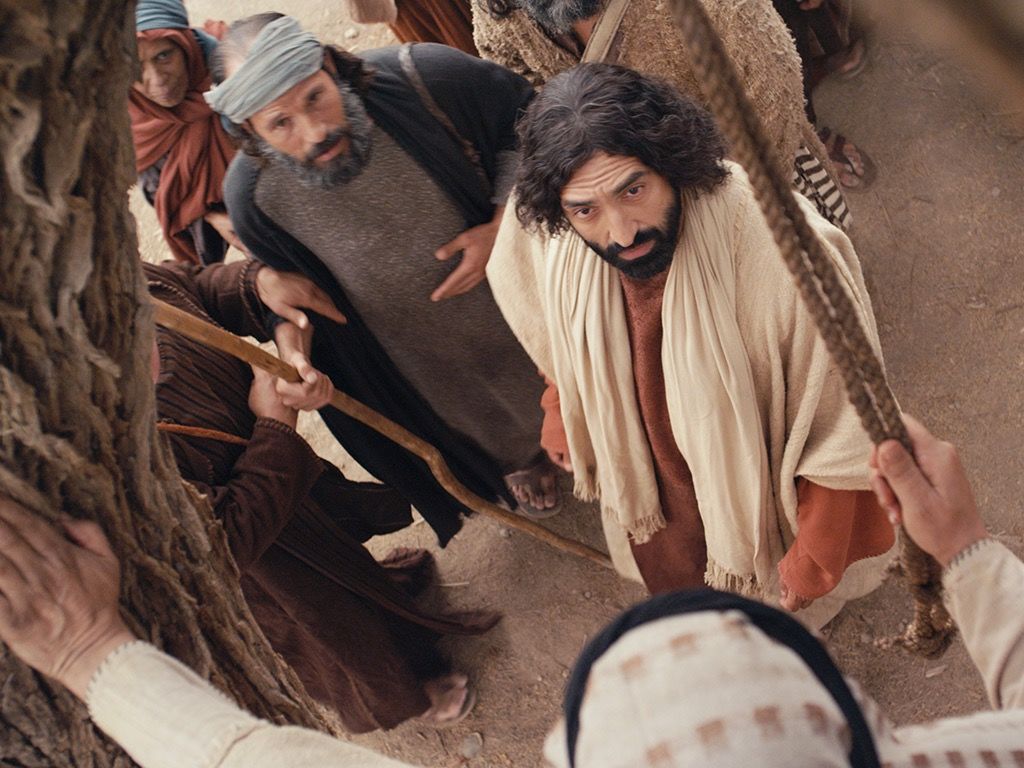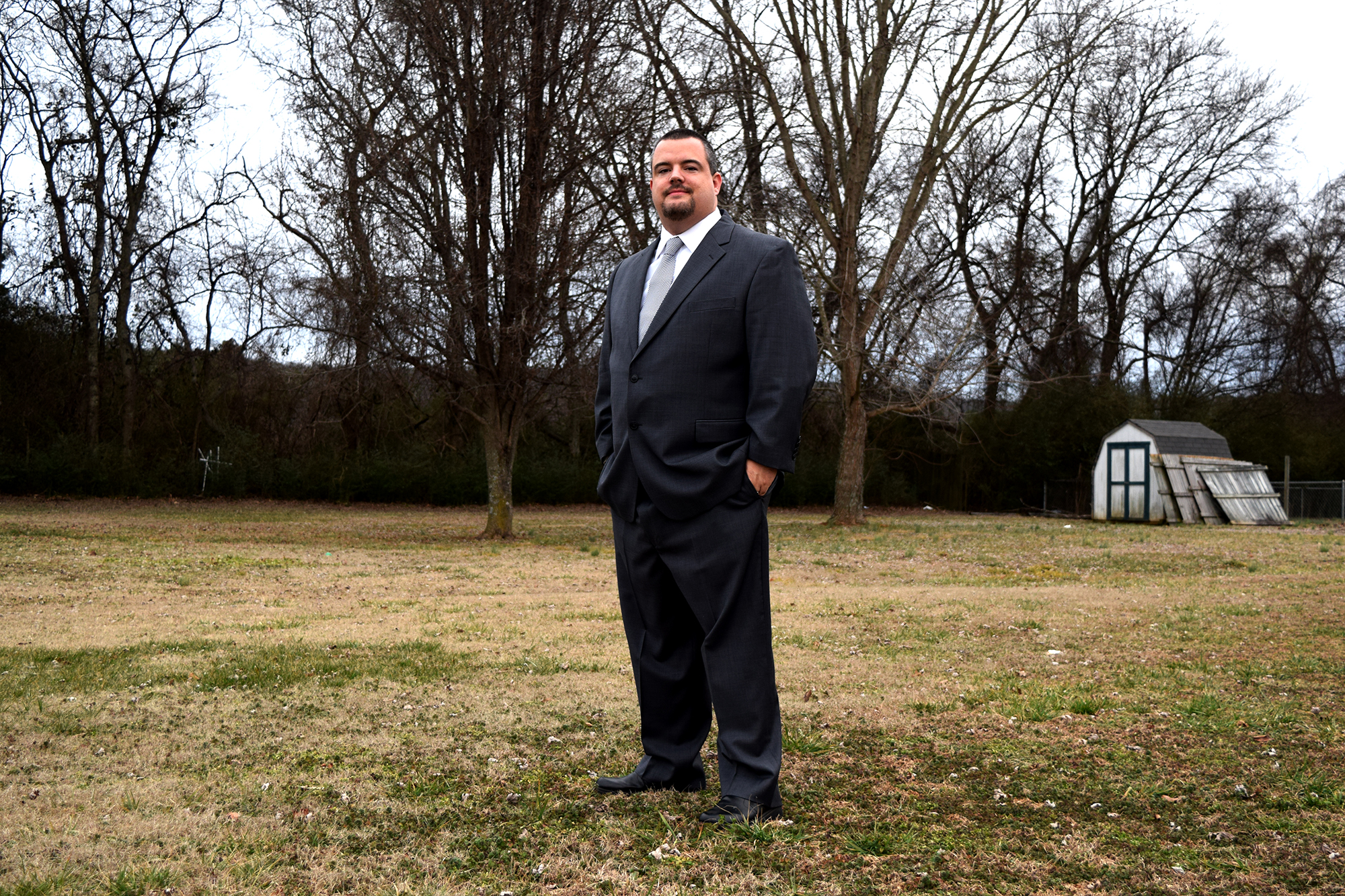As has been a mild Christmas tradition in my house recently, we came home from the church candlelight service and turned on the best Christmas movie ever made: Muppet Christmas Carol.
Stick with me because something about the movie struck me this evening. The story of Scrooge’s redemption parallels the experience of another rich man almost 2,000 years ago.
For those who wonder why I think Muppet Christmas Carol is the best Christmas movie of all time, give it a serious watch. It is extremely faithful to the source material, which itself is a literary classic. While engaging in usual Muppet antics, they never get in the way of Michael Caine delivering the definitive version of Scrooge.
Unlike the follow-up Muppet Treasure Island where a lot of the music and jokes feel a bit forced, Muppet Christmas Carol flows naturally from scene to scene with the Gonzo/Rizzo antics taking place at obvious breaks in the story where it makes sense to move things along (or break tension). The only misstep was the bizarre decision by Disney executives to remove the song where Scrooge loses his fiancé due to his love of money over her, despite the wishes of the entire Henson team.
As a reminder, Scrooge is an absolute pariah due to his love for money and his greed. As he gets ready to go to bed on Christmas Eve, irritated with a world that feels the need to throw its money away once a year, he is visited by the ghost of his old business partner Marley (and Marley in the Muppet version) who warns Scrooge he will be visited by three spirits to give him a chance to change his ways. Failure to do so will doom him to the chains currently imprisoning his old friend.

After visiting the past and present to see how Scrooge got to where he is now and to see how other people see him, he is visited by the Ghost of Christmas Yet to Come. This Ghost not only shows Scrooge a future where Scrooge is dead and no one is sad about it other than those who can profit off his death, but also shows the death of Tiny Tim and the effect it has on his faithful assistant.
After vowing change, Scrooge wakes up the next morning a changed man. He begins using his money for good and makes Bob Cratchit his new partner. He makes massive donations to the poor and changes his business practices.
The Apostle Luke tells us of another rich pariah: the tax collector Zacchaeus. Like most Jewish tax collectors of the day, he sold out his people to collect taxes for the Romans. This action made him extremely rich but also extremely outcast. So much so that in order to even see the passing Jesus, he was forced to climb a tree.

Jesus was aware of this action and told the tax collector to climb down and invite Him to his home. What actually happened in that house is not documented in Luke’s account, but we do know what happened afterwards: Zacchaeus gave away half of his possessions and paid back four-fold to those he cheated.
Imagine an experience so profound you change your entire behavior. In the great literary classic, it took three ghosts and a face-to-face recognition of how Scrooge had doomed himself. Zacchaeus simply needed to answer Jesus’s call to accept Him into his home.
I doubt Dickens had the Biblical account in mind when he wrote his tale, but it is an interesting parallel, nonetheless.

